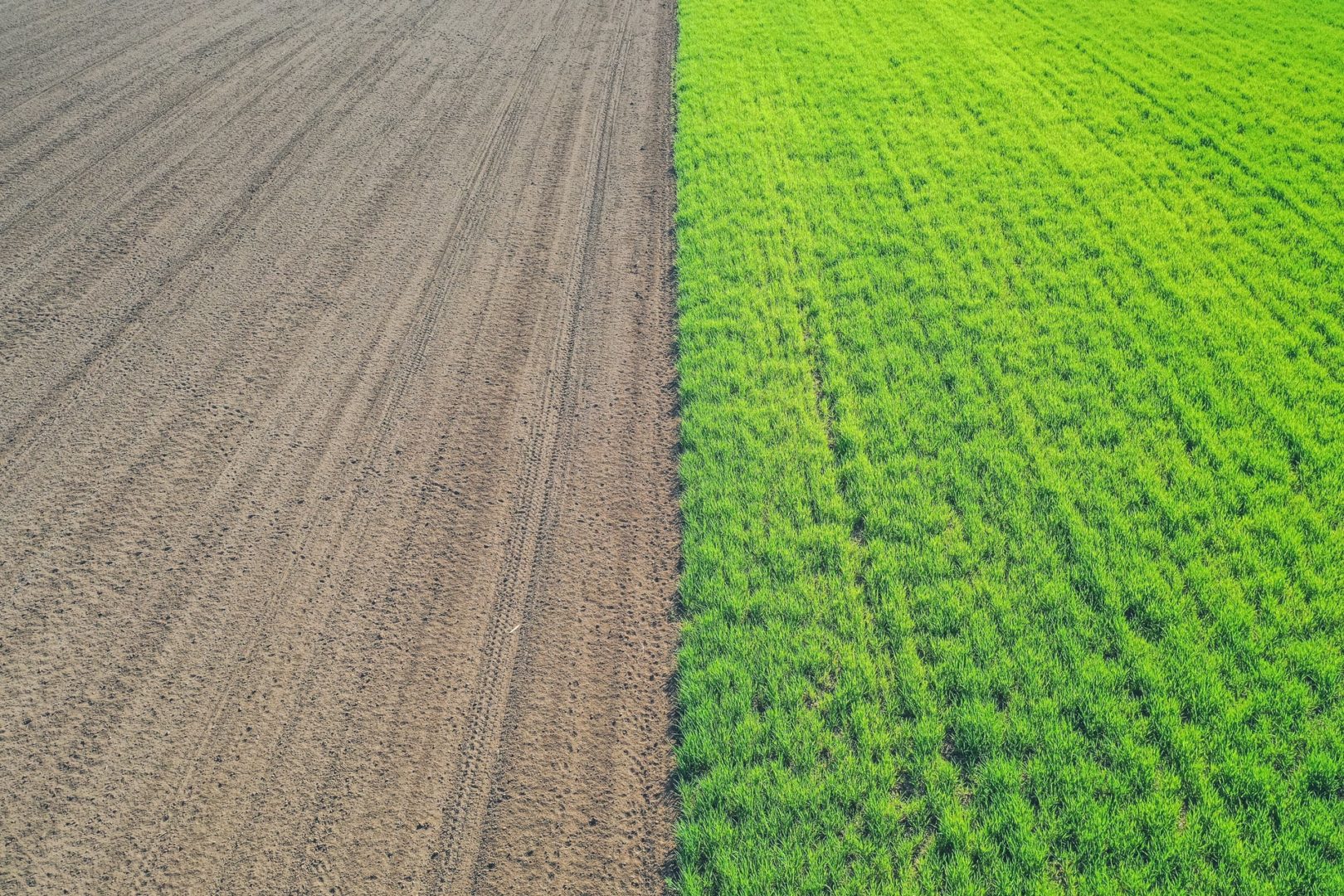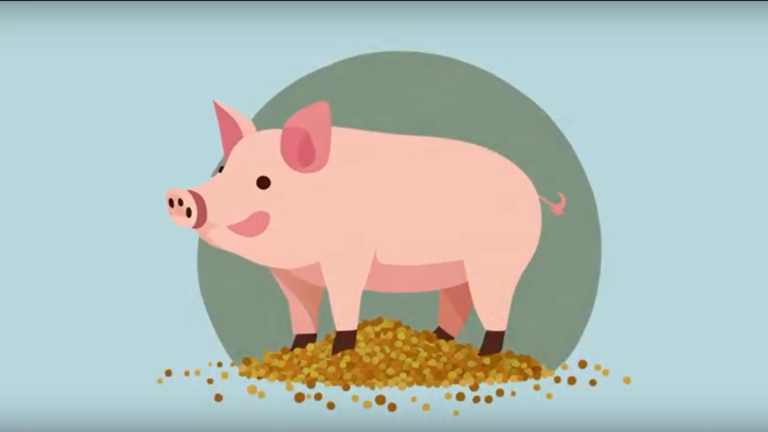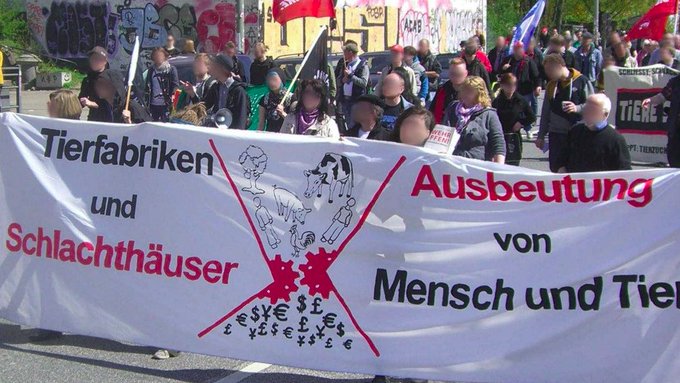The animal industry enriches itself through neo-colonial structures of exploitation. But what exactly is neo-colonialism and how is the animal industry connected to it?
In recent centuries, European states have expanded their power by invading and violently subjugating other countries, including in Africa, South and Central America and Asia. The territories became so-called ‘colonies’ in which people were disenfranchised, robbed and exploited, justified by racist ideologies. In order to enrich themselves economically, valuable ecosystems were also damaged – because the colonial powers were after mineral resources and raw materials, among other things. This violent, exploitative expansion of power is known as colonialism.


The term neo-colonialism was coined by Ghanaian President Kwame Nkrumah after the formal decolonisation of some countries. ‘Despite formal sovereignty, the economic and political system of some states is controlled from outside. Under these conditions, foreign investment would not lead to ‘development’ but to ‘exploitation’ and widen the gap between rich and poor countries.’ In neo-colonialism, financially powerful countries continue to have influence and control over other countries – today often through economic means instead of direct political rule, e.g. also through international economic treaties.
It is precisely these power and dependency relationships that the animal industry uses to enrich itself. The huge profits of the animal industry and agricultural corporations are only possible thanks to these neo-colonial structures. In Brazil and Argentina in particular, but also in other South American countries, soya is grown as animal feed for the local animal industry and exported to us in order to produce meat and other animal products as cheaply as possible. In Germany itself, there is not enough land to produce feed for the numerous animals.
Rich agricultural corporations such as Cargill or Bunge are engaged in land grabbing by buying large areas of land in countries of the global South. However, only the corporations and the rich industrialised countries from which they come benefit from the yields.
In addition to soya cultivation, pasture farming is also an important cause of deforestation and the destruction of ecosystems in South America, for example. There is also repeated evidence of illegal deforestation. Indigenous population groups who have lived in these areas for generations are disenfranchised, displaced and even murdered if they resist.

Without the imported feed from Brazil, Argentina and other countries, significantly fewer animals could be kept, fattened and killed here. According to a research team from Uppsala University, the production of pork would have to be reduced by 43% without soya imports, and the figure for poultry would be as high as 58%. Agricultural, meat and dairy companies such as Tönnies, PHW and Müller profit from these exploitative structures and the suffering of people.
Neo-colonial continuities of the animal industry can also be found right here in Germany. This is because the meat companies’ slaughterhouses predominantly employ migrant labourers who have to work and live in precarious conditions. These are labour conditions that are based on racist ideologies and exploit people’s misery. The ‘necessity’ of neo-colonial structures of exploitation is based above all on our capitalist system, in which the maximisation of corporate profit is the fundamental driving force. The exploitation of resources, people and animals is ignored and deliberately promoted.
Corporations that turn animals into commodities and people into human capital, violently destroying living environments and fuelling the climate crisis have, in our view, no right to exist.

